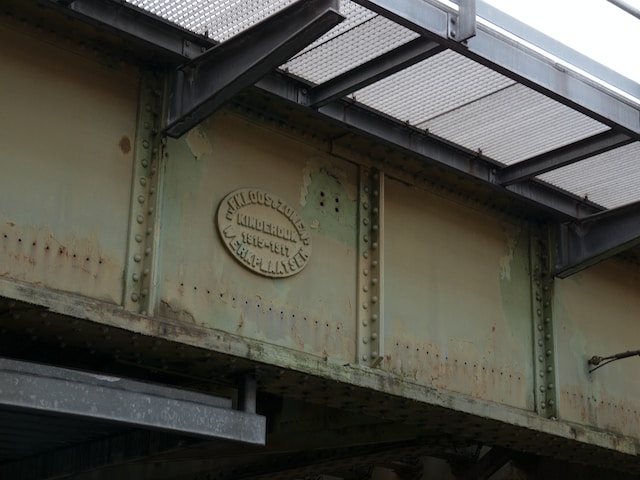How to Handle Chinese Sellers’ Price Increases in Steel Trade
If a Chinese seller unilaterally raises the price in an international steel trade transaction, it can be a challenging situation to handle. Here are some steps you can consider taking to address the issue effectively:
1. Review the contract
Carefully review the terms and conditions of the contract that were agreed upon between you and the Chinese seller. Check if there are any provisions that address price changes, price adjustment mechanisms, or circumstances that allow the seller to modify the price.
2. Communicate with the Chinese seller
Promptly contact the seller to discuss the price increase. Seek clarification on the reasons behind the change and ask for supporting documentation or evidence if necessary.
It’s important to understand whether the increase is due to legitimate factors, such as price increases by steel mills or other suppliers, or if the seller is engaging in deceptive practices. Maintain open and constructive communication to understand their perspective and express your concerns.
3. Negotiate and find a resolution
Engage in negotiations with the seller to find a mutually acceptable resolution. Consider factors such as market conditions, supply and demand dynamics, and any unforeseen circumstances that may have prompted the price increase. Explore options like price adjustments based on verifiable factors or negotiating a compromise that satisfies both parties.
4. Seek legal advice
If negotiations do not lead to a satisfactory resolution or if you believe the seller’s actions are in breach of the contract, consult with a legal professional who specializes in trade with Chinese companies or Chinese contract law. They can assess the situation, review the contract, and provide guidance on the best course of action.
5. Invoke dispute resolution mechanisms
If the contract includes a dispute resolution clause, follow the prescribed procedures to resolve the disagreement.
This may involve mediation, arbitration, or litigation depending on the agreed-upon mechanism. Ensure you comply with any contractual requirements for initiating the dispute resolution process.
6. Protect your interests
While pursuing resolution, take steps to protect your interests. Document all communication with the seller, including emails, letters, and any supporting documentation.
Keep records of any financial transactions, invoices, or relevant documents related to the trade. This information can be useful if you need to escalate the matter or seek legal recourse in China.
Remember that the specific actions you take will depend on the terms of your contract and the applicable laws governing the transaction. It is crucial to consult with professionals and experts in China to ensure you make informed decisions.
Do you need support in cross-border trade and debt collection? CJO Global's team can provide you with China-related cross-border trade risk management and debt collection services, including: (1) Trade Dispute Resolution (2) Debt Collection (3) Judgments and Awards Collection (4) Bankruptcy & Restructuring (5) Company Verification and Due Diligence (6) Trade Contract Drafting and Review If you need our services, or if you wish to share your story, you can contact our Client Manager: Susan Li (susan.li@yuanddu.com). If you want to know more about CJO Global, please click here. If you want to know more about CJO Global services, please click here. If you wish to read more CJO Global posts, please click here.

Photo by Fons Heijnsbroek on Unsplash







